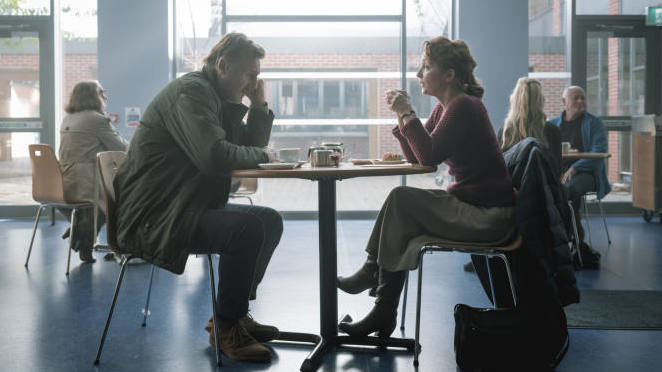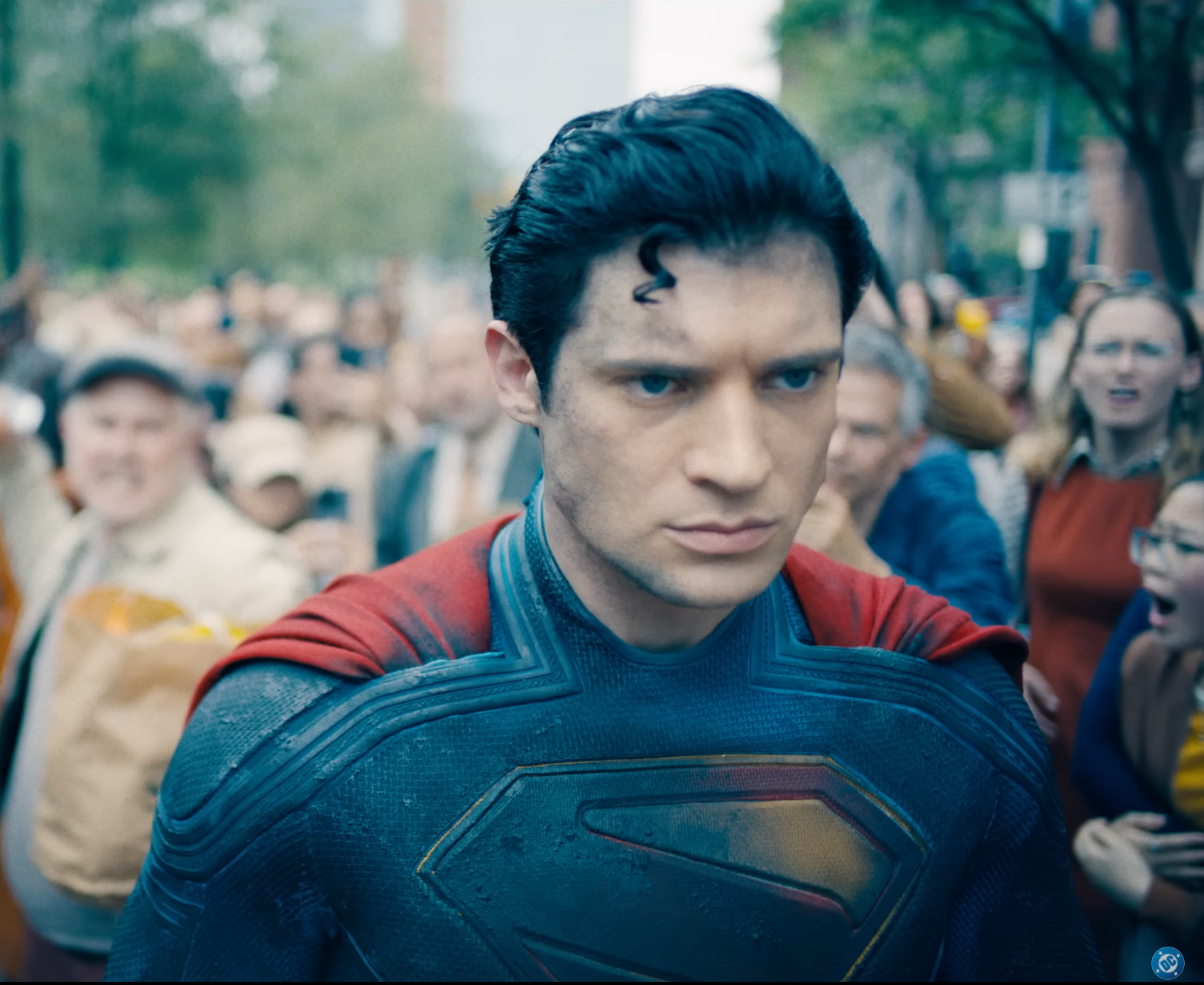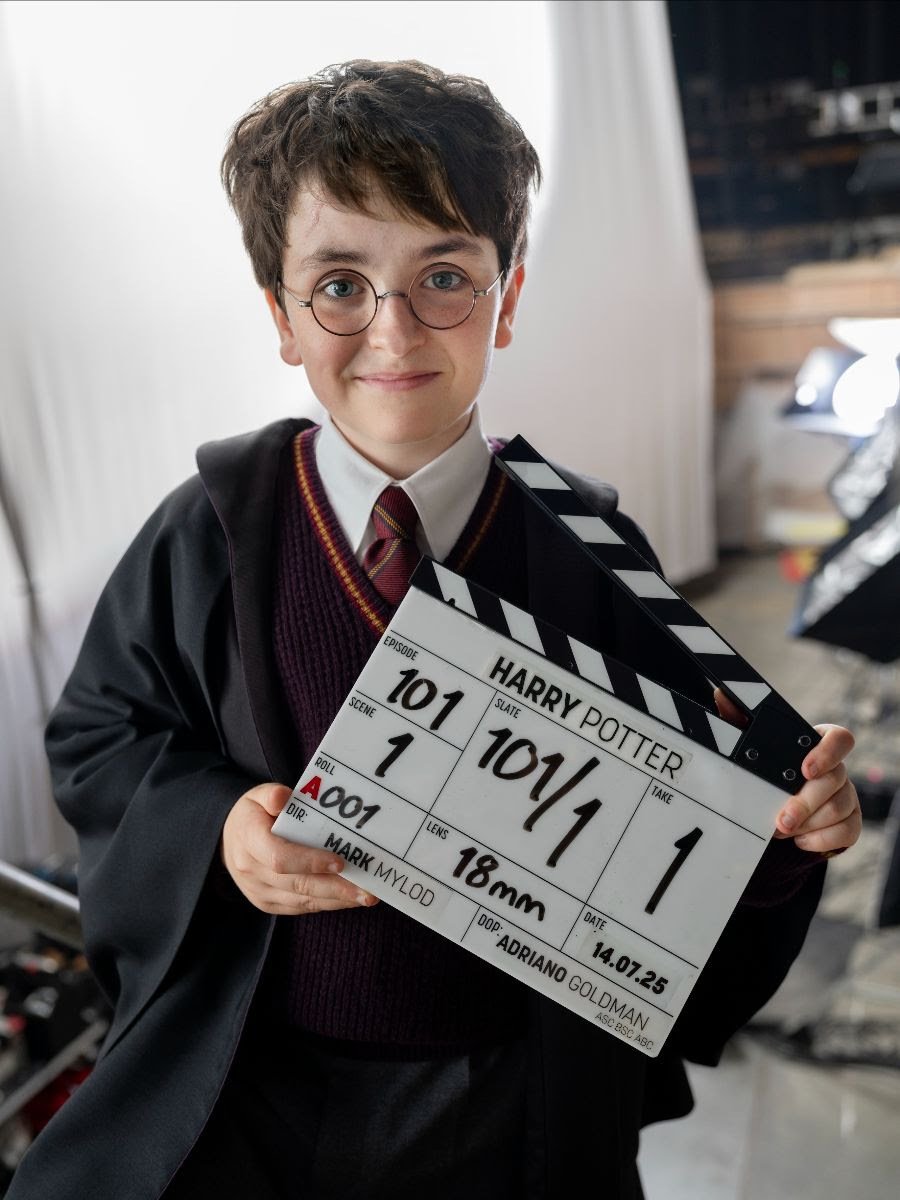
Not every film needs to be big and bombastic to be affecting. This seems to be the approach of the new film Ordinary Love, which starts Liam Neeson and Lesley Manville. Yes, this duo is affected by the incredibly serious threat of cancer, but it is all delivered in such a classy and understated way, that it can’t help but be admired.
I had a chance to speak with the directing duo Lisa Barros D’Sa and Glenn Leyburn. The pair are not only partners, but married as well. In our discussions, we talk about the film, their approach, and their futures.
Ordinary Love is playing now in theaters!
Nancy Tapia: Okay. Well, I mean, congratulations as directors of Ordinary Love. I mean this is another film working together as a duo. This is like your trademark, working together.
Glenn Leyburn: Yeah, it is.
Lisa Barros D’Sa: We’re also married, Nancy. So that’s even more, work, but yeah.
Glenn Leyburn: Yeah.
Nancy Tapia: That’s even better. You know what each other likes, so that, that makes it even better. Congratulations. So tell me, what attracted you to Ordinary Love? I mean, it’s one of those films that we don’t get to see often, sort of coming-of-age films. That’s what I really enjoyed about it, in a way.
Lisa Barros D’Sa: Well, what we were really attracted to it by, it was, it’s a love story, but it’s a story about a couple at a different stage in life than we normally see. I love the story about it, so yeah. So, I think that was interesting for us to be able to look at, to have a kind of fresh insight into a love story that way.
Glenn Leyburn: Yes. It’s not at the end of a relationship or there’s not an affair going on. It’s not at the beginning of a relationship. It’s right at the heart of a long-term love.
Lisa Barros D’Sa: So I’m not sure it’s a coming-of-age story, but …
Nancy Tapia: Well, maybe I was thinking that because it seems like they’re both retired. They’re pretty much just kind of enjoying life and then this turn-up with cancer comes up.
Glenn Leyburn: Yeah. Well I get that. Yeah.
Lisa Barros D’Sa: Sure. I guess, that there are, it’s moving into maybe a stage in life where they have to recognize these things. I think what’s particular about Tom and Joan is that, they have this very vibrant relationship. They have this, another thing we like is that it is about this couple who are at this stage in life and they’re not fed up with each other. They’re not looking to, they’re not looking elsewhere. They’re still incredibly connected with each other and make each other laugh. They have this great kind of humor together, but they’ve also been through some tough things in their lives.
Lisa Barros D’Sa: And in a way that’s meant that they have almost moved to the edge of life that they are in this little cocoon of their home and have it. And even though they go through some difficult things during the storytelling, ultimately going through those things enables them to move out into the world a little bit again and to connect with the bigger world in ways that they hadn’t been at the start of the story.
Nancy Tapia: Right. I do have to compliment on, I mean there’s the seriousness of the film, but yes, like you mentioned, there was a little bit of humor, of comedy. That was very cute, the way that was integrated there. Who was the, pretty much the one of both of you guys in directing that part or was it both together?
Lisa Barros D’Sa: Well, humor was always a big part of this storytelling. There was in the tonality of the piece which is hugely important to us we always talk a lot about the tone of the piece when we are developing a film. And in this we were always very clear that as well as talking about tough subject matter, the way we were going to talk about it was through this very vibrant, light-hearted, joyous relationship in many ways and this is a couple who are going to find those moments of wit and humor even when they’re facing this kind of, these kind of events. And so it was always in the DNA of the piece, then it’s in the script. And it was very easy to bring out with the talent of these beautiful actors who could bring those nuances so seemingly effortlessly to the screen.
Nancy Tapia: I was going to ask you about that, about the talent. I mean, you got great, great cast: Liam Neeson, Lesley Manville and the one where I was kind of like, well this is interesting to see it Liam Neeson in this kind of role when you’re used to seeing him in action and, and going after the bad guy. How did he come up for this role?
Glenn Leyburn: Well, we’ve actually been talking to Liam for a couple of years previous to this film and with regard to a different movie. It was actually Bono, believe it or not, who had seen our last film, which is about punk rock and Belfast in the 1970s and had been a big champion of that film and he introduced Liam to that particular movie. And then we had spoken to Liam about another project and we were, we went and had a few meetings with him on and off for a couple of years and got to know him just a little bit.
Glenn Leyburn: And that other film didn’t really materialize, it has yet to sort of come to fruition. But when the first draft of this came in, which we developed with our production company with David Holmes, the other producer, we just heard, we heard Liam’s voice in it immediately. We thought it feels like Liam, it wasn’t written for him, but just that we just sort of connected that. We took a chance and sent Liam the first draft, which is quite rare and thankfully he connected with it in the way that we hoped he would.
And he came on board quite quickly. And yes, I mean Liam was recently has become quite well known for these great action movies that he’s in. We also very much remember him for all the really wonderful dramatic roles. He’s an amazing theater actor that’s richer in the theater and he’s come through all these kinds of really wonderful big powerhouse performances that we can all remember. And so we had no doubt that he wouldn’t be absolutely brilliant in this.
Nancy Tapia: Okay. Let’s talk a little bit about Lesley, your mind. I was touched but that, her role, I mean my mother is a survivor of cancer. It was not breast cancer but leukemia, however still everything is just, you kind of like relive it. If you don’t mind me asking how is it filming the scenes where she’s pretty much taken the initiative to shave her head and the scenes where, it shows her like she’s covered up but then yet, and then she, she uncovers because kind of accepting, Well this is me, this is, this is where I am, where I’m at, at the moment.
Lisa Barros D’Sa: I think it’s a very, it’s an emotional experience doing that kind of work. I think that like you, a lot of, we are always conscious that a lot of people are going to be watching this have been through a journey with cancer whether themselves or a close relative and Lesley certainly has. I think that was one of the things that drew her to the role because she was familiar with that kind of journey and I think like all of us who are making it, we really wanted to honor the projective detail of that journey that so many of us have to go through.
I think part of that was to bring freshness and humor to it. I think there are a couple of great scenes that in the film that really showcase that, for example, when she is in the scene where Liam as Tom is cutting Joan’s hair that there’s this lovely decision to approach it with humor, with commedy. And so there’s a lovely journey through that scene to the point where she sees herself for the first time with her shaved head in the mirror and the impact that makes. And then another scene whereas you say in the restaurant where she takes off her wig and so it is about that facing up to yourself and changes that you’re going through. And I think that, it’s a journey that we’ve all been close to and can recognize and I think that both the actors brought that understanding to their roles.

Nancy Tapia: I liked it. It was that bravery with humor. Right?
Lisa Barros D’Sa: Mm-hmm (affirmative).
Glenn Leyburn: Yeah.
Nancy Tapia: Yeah. So to start wrapping up, is there another film you guys might be working on for later this year, the following that you may be able to share?
Glenn Leyburn: Yeah, well we always am. One of the things that we learned quite early on in our career, film career, is that because these things take so long to come to screen, four years can be a short and that’s a short length of time for something to come to screen. And sometimes it’s a decade, sometimes you can be working on 10 years. So, we learned quite early on that you have to have quite a few projects on the go. So, we have all sorts of projects from things that are just one page of treatment or an idea for a story to things that are scripts that are ready to shoot.
So, we’re not quite sure what’s going to be next yet. We’re talking to somebody, we’re talking to a production company in England about a project that if we could, the pieces fall together. We got a look at the cast that we’re looking for. We would be shooting this summer, but unfortunately until this time, and we have all the cast, we can’t really talk about it.
Nancy Tapia: No, I understand. Oh, quick question. Actually I meant to ask, where was the film, where was it filmed? I loved the scenery.
Glenn Leyburn: Wow. Okay. It was actually filmed in Belfast, so Belfast and where they walk, that’s just two miles outside of Belfast City Centre. You don’t have to go very far. And outside of the City Centre to find some nice, nice scenery. But yeah, that’s all in and around Belfast. We had to keep it pretty, we were a five week shoot and after you have to keep everything kind of close together. You can’t afford to have a day where you drive across the country to film something and everything needs to be really nearby. So, that’s where it was.
Nancy Tapia: I see. I loved in that scene where they’re walking trail and that tree. That tree just was like a signature. And then you had like the seasons and the glooming and stuff that, that was pretty cute. I liked it.
Glenn Leyburn: Oh, thank you. Yeah. And then we, and the tree we thought it sort of spoke about the seasonality of relationships and there’s a certain sort of circularity about seasons.
Nancy Tapia: Yeah. It symbolized a bit from the film. I liked that. The little things that you kind of catch on.
Glenn Leyburn: Okay. Well thank you. I really appreciate that.
Nancy Tapia: Yeah. Well, thank you so much for your time and congratulations and we will, everyone will be watching this video release date of this Friday, Valentine’s day. Perfect timing.
Glenn Leyburn: Well, thank you so much for speaking with us.
Lisa Barros D’Sa: Thank you.
Ordinary Love is playing now in theaters!
Don’t forget to share this post on your Facebook wall and with your Twitter followers! Just hit the buttons on the top of this page.
—–
Have you checked out LRM Online’s official podcast feed yet The LRM Online Podcast Network? This includes our flagship podcast Los Fanboys, our premiere podcast Breaking Geek Radio: The Podcast, and our morning show LRMornings. Check it out by listening below. It’s also available on all your favorite podcast apps!
Subscribe on: Apple Podcasts | Spotify | SoundCloud | Stitcher | Google Play

 FOR FANBOYS, BY FANBOYS
Have you checked out LRM Online’s official podcasts and videos on The Genreverse Podcast Network? Available on YouTube and all your favorite podcast apps, This multimedia empire includes The Daily CoG, Breaking Geek Radio: The Podcast, GeekScholars Movie News, Anime-Versal Review Podcast, and our Star Wars dedicated podcast The Cantina. Check it out by listening on all your favorite podcast apps, or watching on YouTube!
Subscribe on: Apple Podcasts | Spotify | SoundCloud | Stitcher | Google Play
FOR FANBOYS, BY FANBOYS
Have you checked out LRM Online’s official podcasts and videos on The Genreverse Podcast Network? Available on YouTube and all your favorite podcast apps, This multimedia empire includes The Daily CoG, Breaking Geek Radio: The Podcast, GeekScholars Movie News, Anime-Versal Review Podcast, and our Star Wars dedicated podcast The Cantina. Check it out by listening on all your favorite podcast apps, or watching on YouTube!
Subscribe on: Apple Podcasts | Spotify | SoundCloud | Stitcher | Google Play



